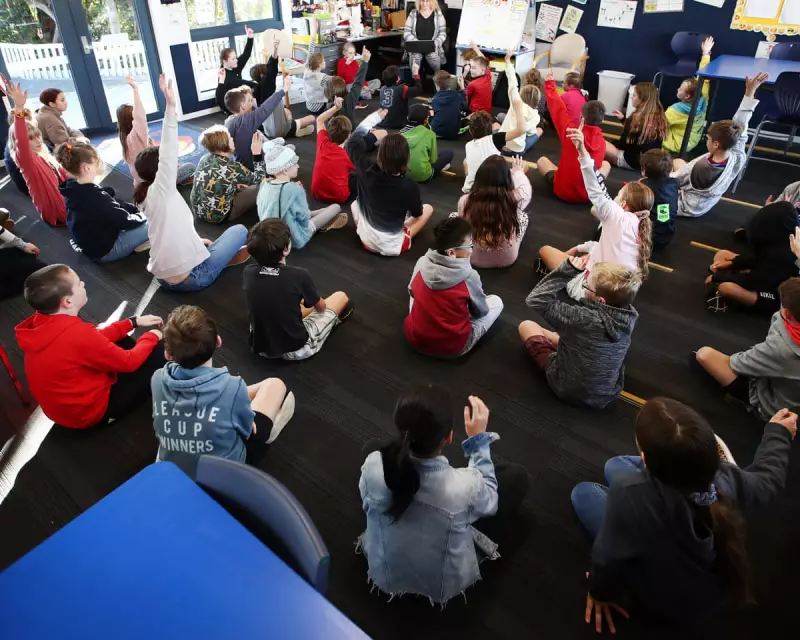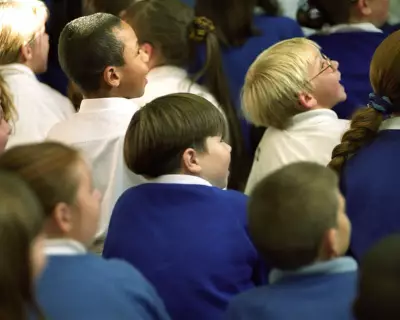
In a significant policy reversal that's generating heated debate across New Zealand, the coalition government has eliminated regulations requiring schools to incorporate Māori cultural practices into daily classroom activities.
The controversial decision, announced this week, removes mandates for traditional Māori greetings, prayers, and songs that were previously embedded in the school day. Education Minister Erica Stanford defended the move as providing "greater flexibility" for schools to determine their own cultural approaches.
What's Changing in New Zealand Classrooms
The policy shift means schools are no longer required to include:
- Traditional Māori greetings and protocols
- Karakia (Māori prayers or incantations)
- Waiata (Māori songs)
- Specific Māori cultural practices in daily routines
Minister Stanford emphasised that while the requirements are being removed, schools retain the option to continue these practices if they choose. "We're giving schools back their autonomy," she stated, noting that the government trusts educators to make appropriate decisions for their communities.
The Backlash and Support
The decision has drawn sharp criticism from Māori leaders and educational advocates who argue it represents a step backward for cultural recognition and reconciliation.
"This is deeply disappointing and undermines years of progress toward making our education system more inclusive of Aotearoa's indigenous culture," said a spokesperson for Māori educational organization. They expressed concern that without mandatory requirements, some schools might abandon cultural practices altogether.
However, the move has found support among those who believe the previous rules were overly prescriptive. Some parent groups and educational commentators have welcomed the increased flexibility, arguing that schools should have more control over how they integrate cultural content.
Broader Educational Context
This policy change occurs alongside other significant shifts in New Zealand's education landscape. The government has simultaneously announced plans to rewrite the national history curriculum and increase focus on reading, writing, and mathematics.
Critics worry that these changes collectively signal a reduced commitment to multicultural education and Treaty of Waitangi obligations within the school system.
The debate continues to unfold across New Zealand, with educational institutions now facing decisions about how to adapt their cultural programmes in response to these new government directives.





